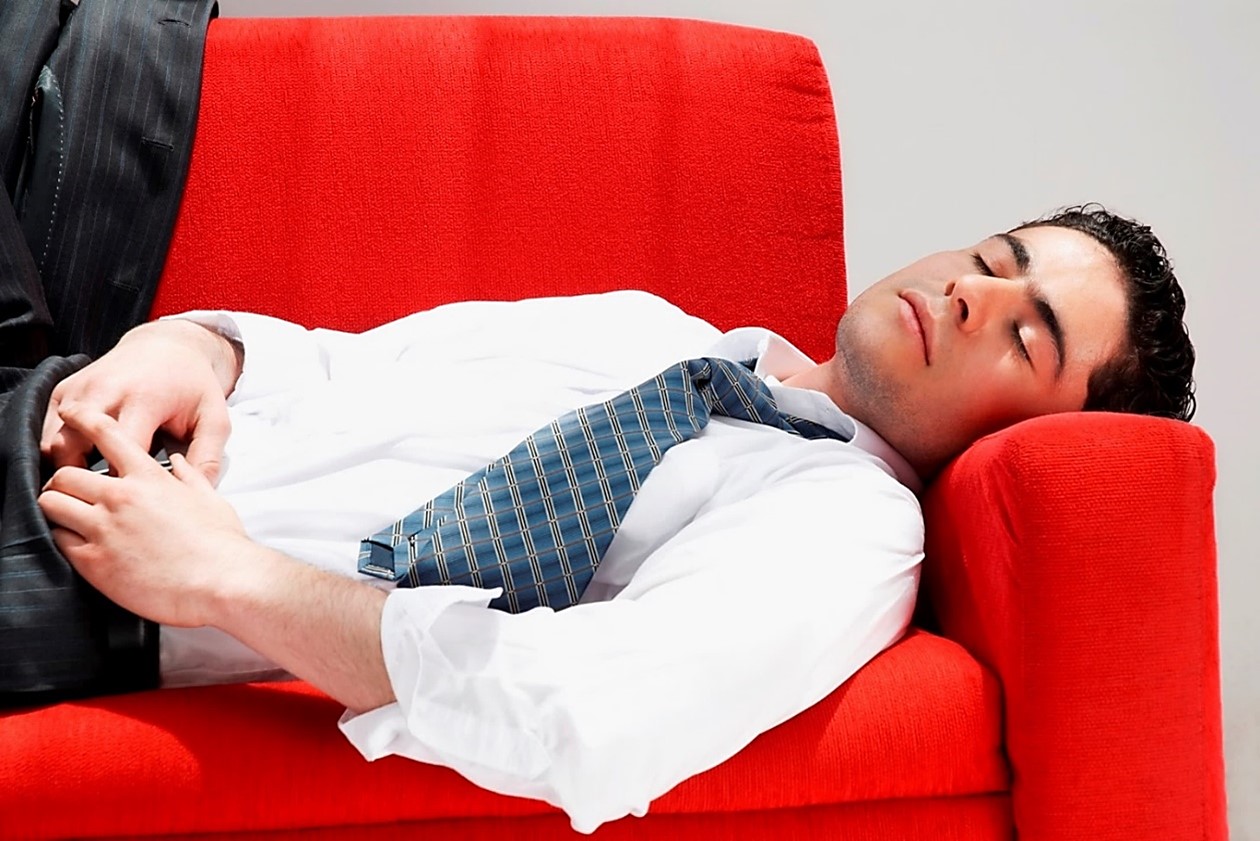As a nation used to hard work, Britons may perceive that a bit of shuteye amounts to laziness or a way not to get work done properly, so the thought of power naps may seem a little disingenuous/counterintuitive.
Which is why it may come as a surprise that power naps are indeed a thing and if performed correctly, they can greatly benefit one’s well-being all while boosting flagging energy.
As we’ve learnt, drinking water = power (or energy) but who would’ve thought that short naps too = power.
Although power naps are commonplace in some cultures – Japanese workers take an afternoon nap known as ‘hirune’ – many companies worldwide such as Procter & Gamble, PwC and Nike, have made this part of their work culture too.
Are their health benefits to napping?
Regular naps are good for the long-term health of our brain, research shows.
Habitual napping may help keep our brains bigger for longer and boost its overall health, according to a 2023 study by researchers at University College London (UCL) and the University of the Republic in Uruguay.
There are also short-term health benefits associated with napping. Short naps lasting five to 15 minutes can immediately improve how well we perform mentally. This mental stimulus can last up to three hours after we wake up.*
How long should you nap for?
According to Kevin Morgan, professor of psychology and a sleep expert at the University of Loughborough in the UK, “Timing is key for the perfect power nap. If you are going to have a nap, make sure you do it in the mid-afternoon and don’t allow it to go on for longer than 20 minutes. Your body is going to be more accommodating of daytime sleep between 2pm and 4pm as this is when there is a dip in the circadian rhythm and our body temperature drops.”*
As always, water first.
Even if you don’t ascribe to taking a power nap while at work, always remember that drinking water throughout the day, taking a short break to refill your water bottle or water glass from your workplace water cooler, is a guaranteed way to boost flagging energy.
*source: from an article by Isabelle Gerretsen at the BBC

